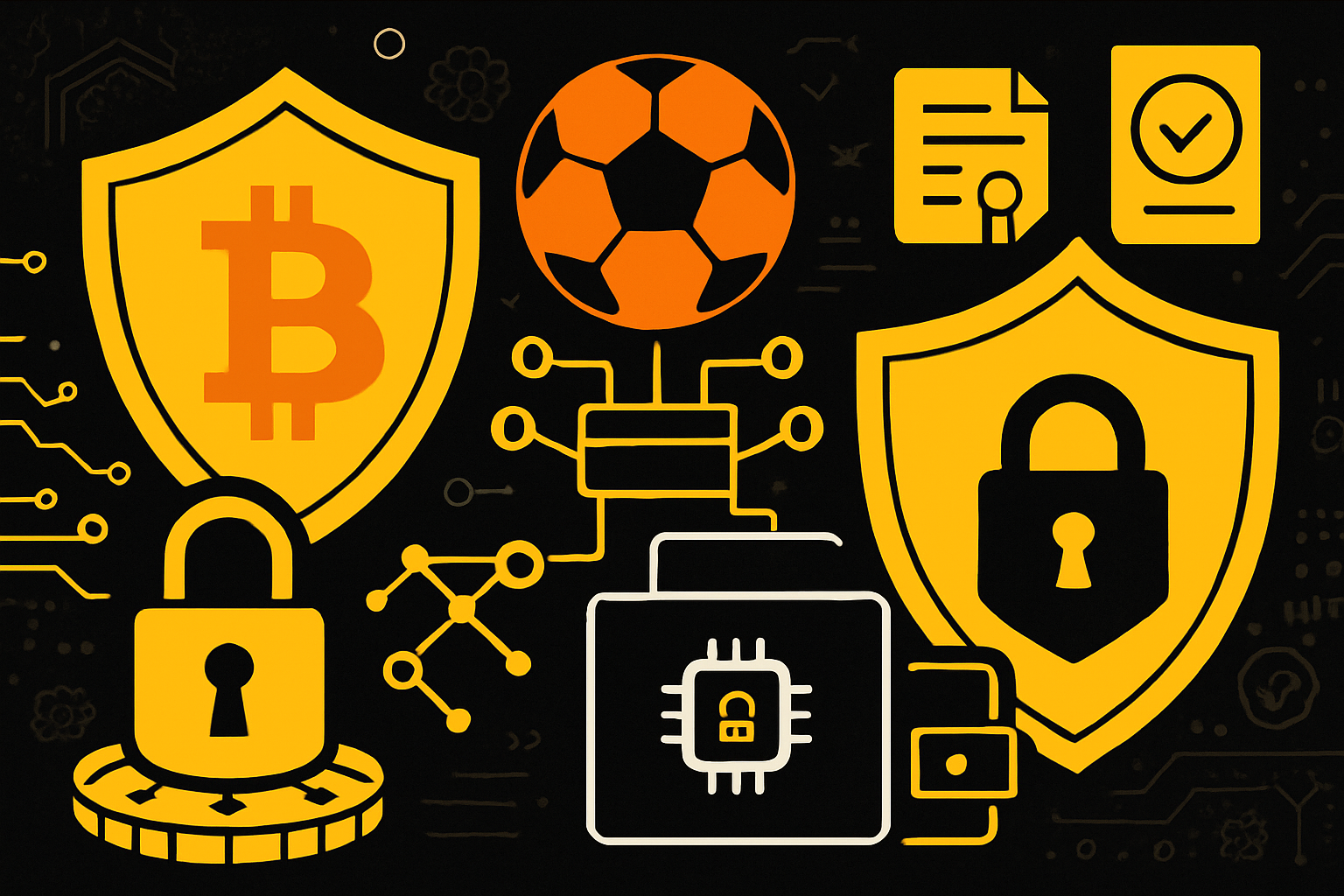How Blockchain-Based Voting is Transforming Elections: 2025 Trends, Projects, and Challenges
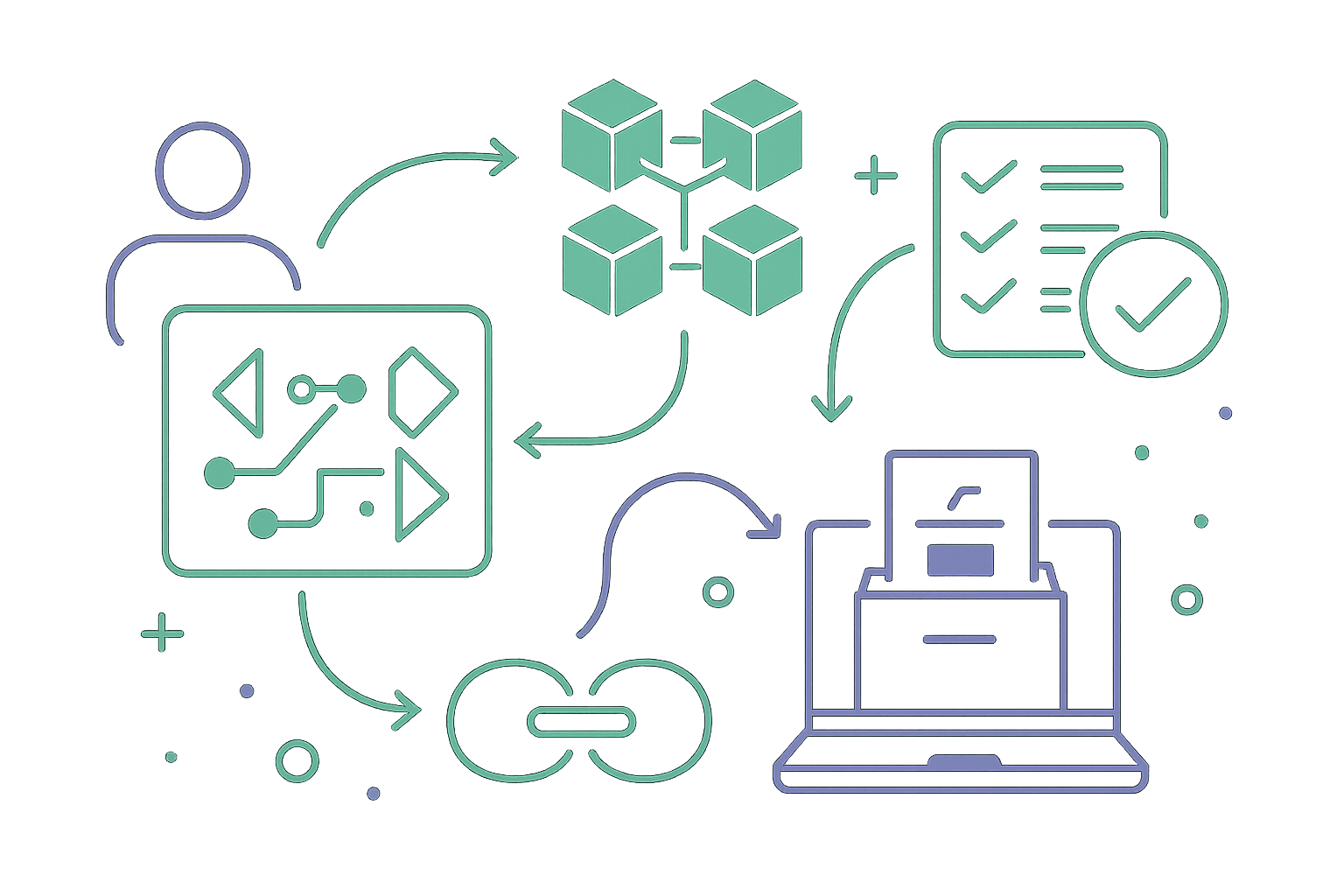
Blockchain technology is rapidly reshaping the landscape of electoral systems in 2025, moving from experimental pilots to national-scale deployments. As election integrity and voter trust remain top priorities worldwide, blockchain-based voting is emerging as a key innovation for transparent, auditable, and secure elections. However, as adoption grows, so do the technical and regulatory challenges. Let’s dive into the most significant trends, standout projects, and pressing obstacles defining blockchain voting in 2025.
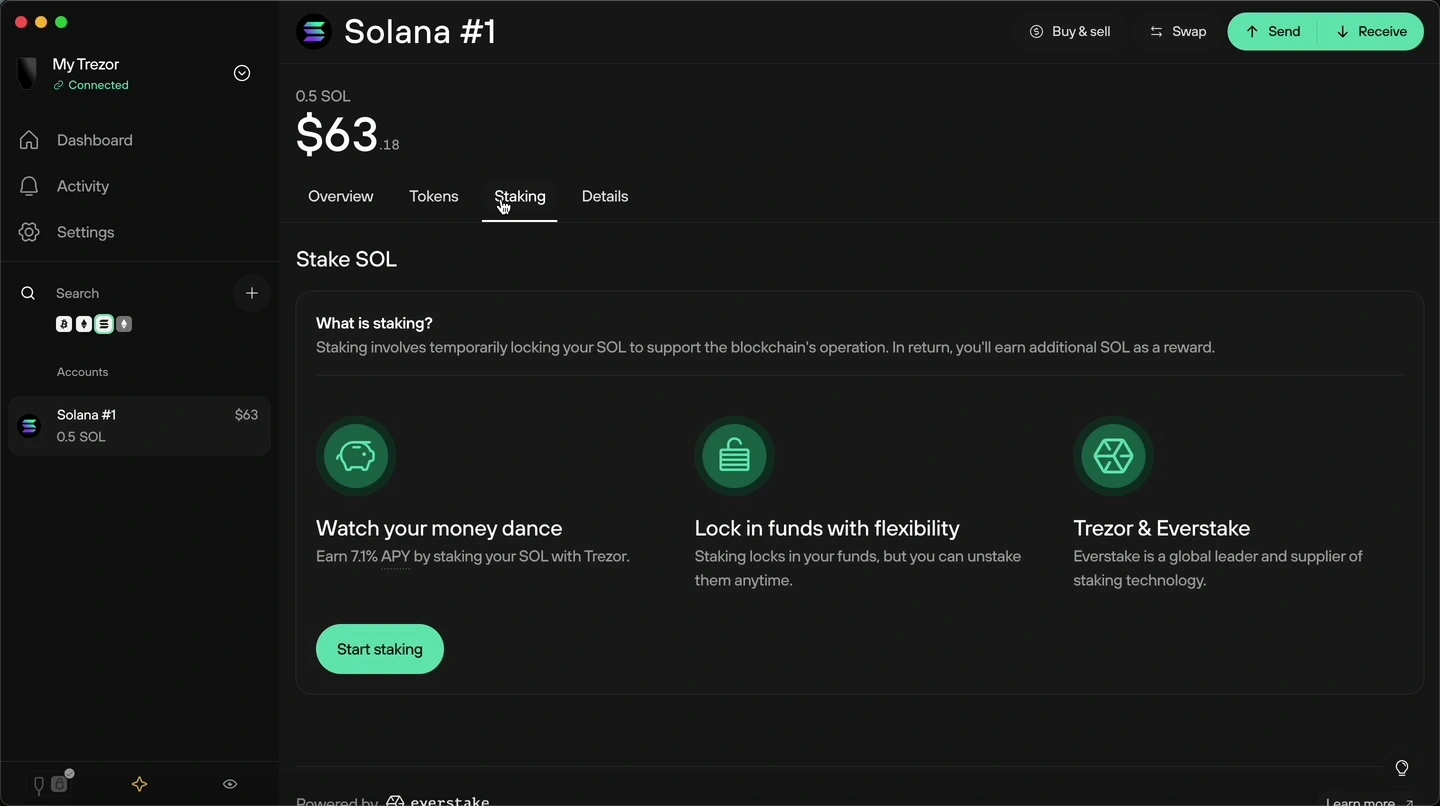
Zero-Knowledge Proofs: The Privacy Game-Changer for Blockchain Voting
One of the most transformative developments this year is the expansion of zero-knowledge proof (ZKP) protocols within blockchain voting systems. ZKPs enable voters to prove their eligibility and participation without revealing their identity or vote choice. This breakthrough addresses one of the core dilemmas in digital elections: balancing transparency with voter privacy.
In 2025, we’re seeing a surge in ZKP integration as jurisdictions pilot digital elections under stricter privacy regulations. By embedding ZKPs into blockchain voting platforms, election organizers can offer verifiable outcomes while ensuring that ballots remain secret and tamper-resistant. This trend not only meets compliance standards but also reassures skeptical electorates that their votes are both counted and confidential.
Morocco’s Solana-Based National E-Voting Pilot: A Model for Emerging Democracies
The global spotlight is on Morocco’s ambitious national e-voting pilot, which builds on successful municipal trials using the Solana blockchain. By scaling its framework for nationwide use, Morocco aims to set a benchmark for auditability, real-time transparency, and tamper-proof record-keeping, qualities often lacking in traditional paper-based systems.
This Solana-based system enables every vote to be recorded immutably on-chain while supporting instant verification by both voters and auditors. The project’s focus on full auditability means any attempts at manipulation can be detected immediately. For emerging democracies seeking resilient election infrastructure without legacy baggage, Morocco’s approach offers a clear blueprint.
The Scalability and Accessibility Challenge in Blockchain Elections
No technology rollout comes without hurdles. As more countries and states experiment with blockchain voting platforms, scalability has emerged as a critical challenge, especially during high-turnout national elections where network congestion can cause delays or even outages.
Voter accessibility is another major concern. Seamless onboarding requires robust digital infrastructure and user-friendly interfaces that cater to all citizens, including those with limited tech literacy or unreliable internet access. Without solving these issues, even the most secure system risks disenfranchising large segments of the population.
- ZKP protocols: Enhancing privacy while maintaining verifiability
- Morocco’s Solana pilot: Real-time transparency at scale
- Scalability/accessibility: The next frontier for global adoption
Industry experts agree that addressing scalability and accessibility is non-negotiable for the future of blockchain elections. While protocols like Solana provide high throughput and rapid finality, even these networks can face bottlenecks during peak voting periods or in regions with spotty connectivity. Morocco’s pilot, for example, has prompted active discussion about how to replicate its efficiency in countries with larger populations or less robust infrastructure.
To tackle these issues, developers are exploring hybrid solutions: off-chain data aggregation, sharding, and user-friendly mobile interfaces that don’t compromise security. The ultimate goal is to make blockchain voting as seamless as traditional ballots, accessible from any device, by any eligible voter, regardless of technical background.
What’s Next? Adoption Roadblocks and Strategic Priorities
The path forward isn’t just technical. Regulatory clarity remains a major sticking point. As of late 2025, only 56% of jurisdictions trialing blockchain voting have formal legal frameworks in place. Without clear standards for digital identity verification and cross-border vote counting, large-scale adoption will remain uneven.
At the same time, public trust hinges on both transparency and privacy. Voters want assurance that their ballots are both secret and tamper-proof, a tension that ZKP protocols are finally beginning to address at scale. But education is key: governments and platform providers must invest in digital literacy campaigns so voters understand not just how to use these systems but why they’re more secure than legacy alternatives.
Key Trends, Projects & Challenges in Blockchain Voting (2025)
-
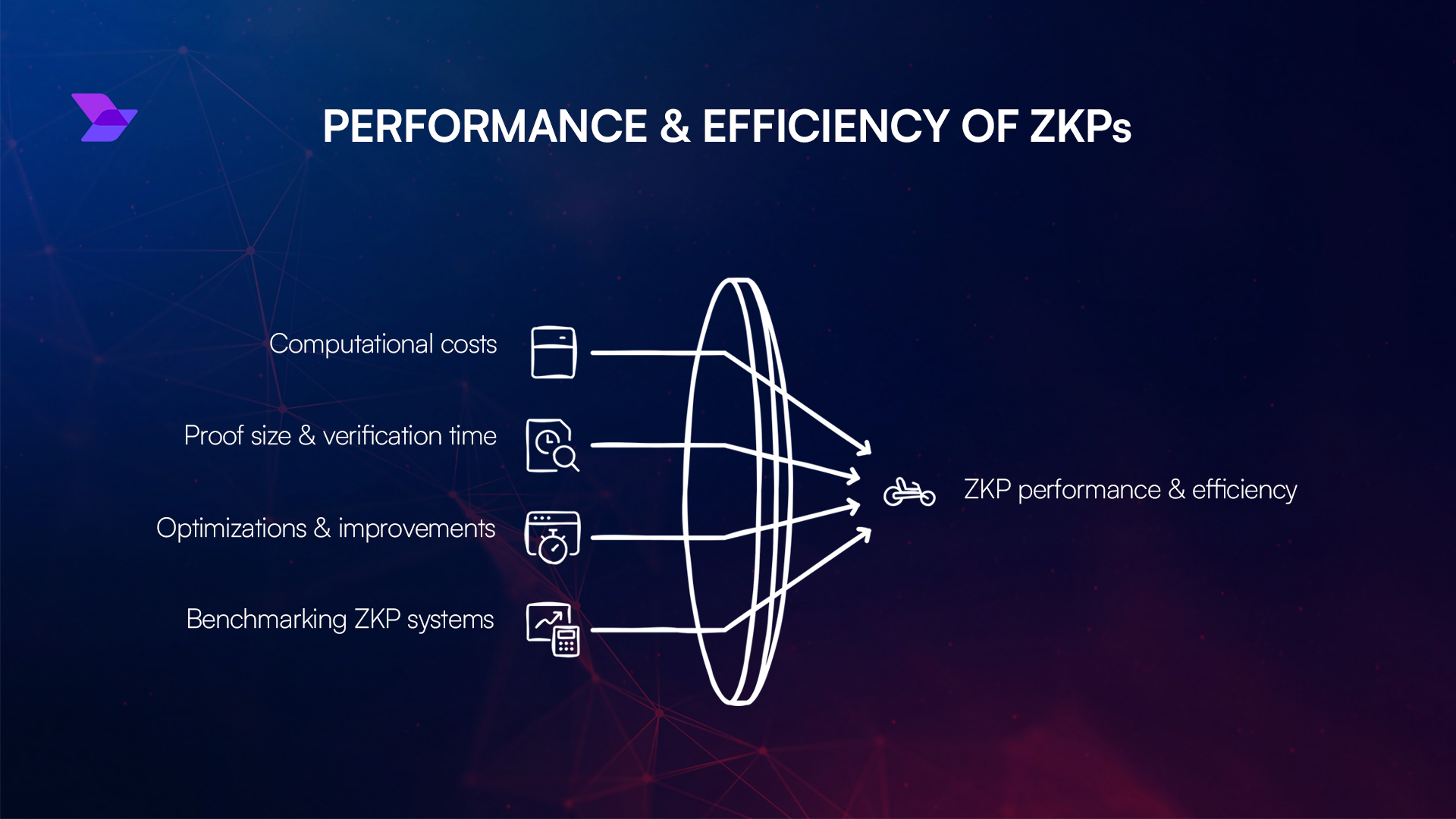
Trend: Expansion of Zero-Knowledge Proofs for Voter Privacy – In 2025, blockchain voting systems are increasingly integrating zero-knowledge proof (ZKP) protocols. ZKPs enable voters to prove eligibility and cast ballots anonymously, ensuring privacy without sacrificing verification. This technology is crucial for meeting privacy regulations and building trust in digital elections.
-
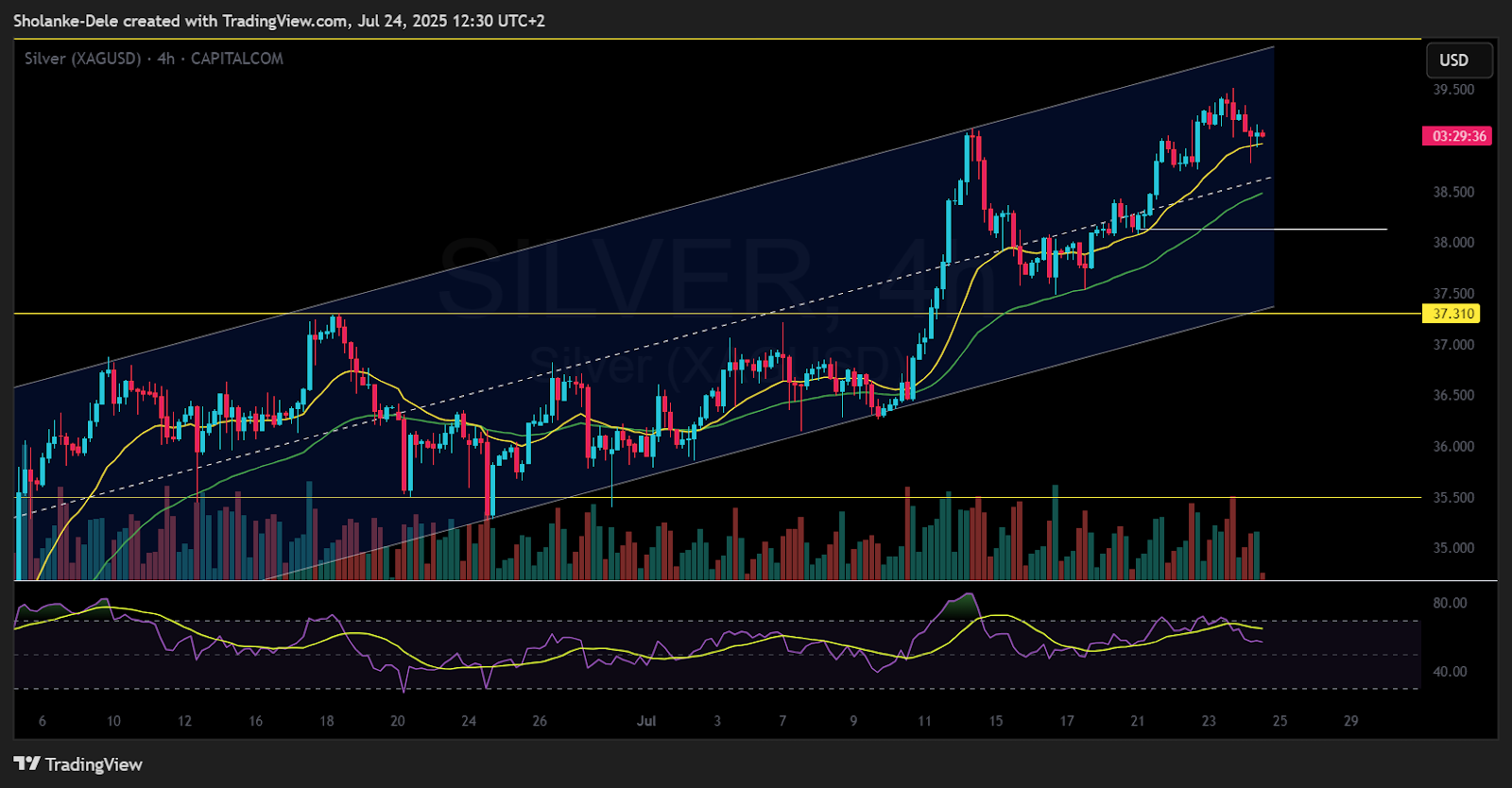
Project: Morocco’s Solana-Based National E-Voting Pilot – After successful municipal pilots, Morocco is scaling its Solana blockchain-powered e-voting dashboard for national elections. The platform emphasizes full auditability, real-time transparency, and tamper-proof records, serving as a model for emerging democracies seeking secure digital voting.
-

Challenge: Scalability and Voter Accessibility in Large-Scale Blockchain Elections – As adoption grows, blockchain voting faces hurdles in network scalability and seamless mobile voter onboarding. These challenges are especially acute in regions with limited digital infrastructure or varying tech literacy, risking exclusion and bottlenecks during high-turnout elections.
Why Prediction Markets Are Watching Blockchain Elections Closely
For crypto-native prediction markets and election bettors, the rise of on-chain voting transparency is a game-changer. Real-time access to immutable results reduces uncertainty, and potential manipulation, making election outcomes more reliable for market participants. Platforms focused on blockchain elections, crypto election security, and decentralized voting systems are already integrating live data feeds from pilots like Morocco’s to power smarter forecasting models.
If you want deeper insight into how blockchain is revolutionizing election prediction markets this year, check out our detailed analysis at this resource.
Key Takeaways for 2025
- Zero-knowledge proofs (ZKPs) are now essential for balancing privacy with auditability in digital elections.
- Morocco’s national e-voting pilot on Solana sets a high bar for transparency and tamper-resistance in emerging democracies.
- Scalability and voter onboarding remain the biggest hurdles, solving them will determine whether blockchain voting moves beyond pilots to mainstream adoption.
The next twelve months will be pivotal as governments weigh regulatory reforms and tech providers race to close the gap between promise and reality. For anyone tracking the intersection of technology, democracy, and crypto markets, blockchain-based voting is one trend you can’t afford to ignore.


